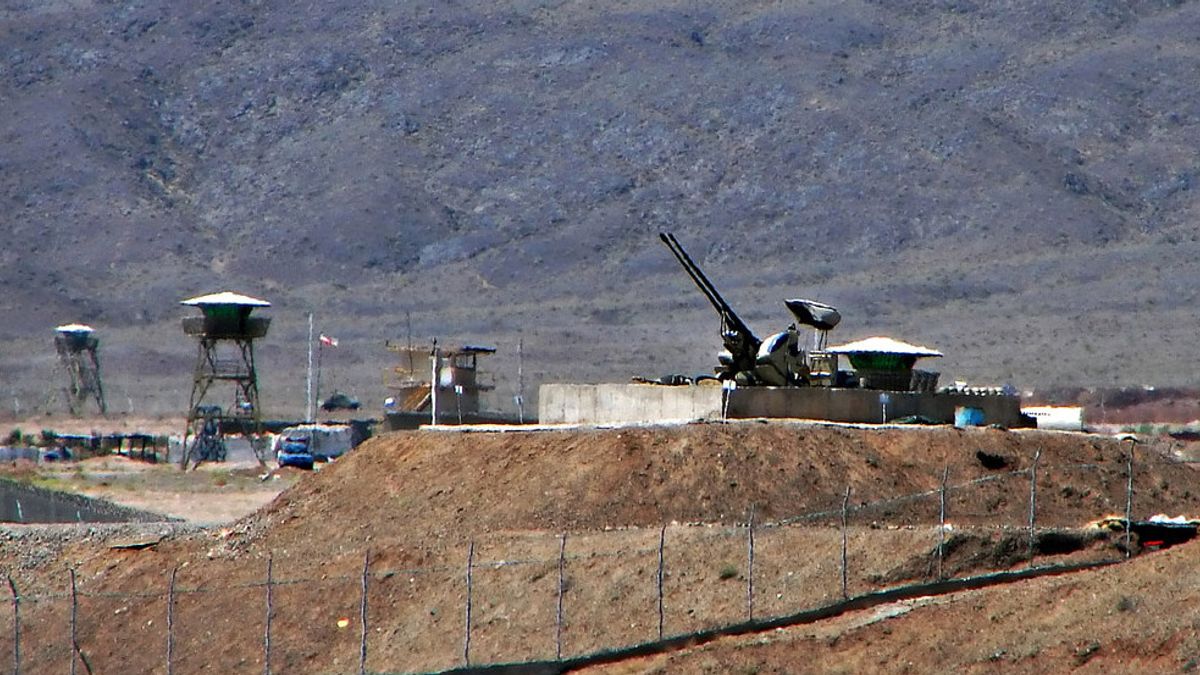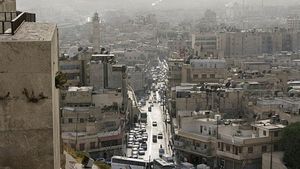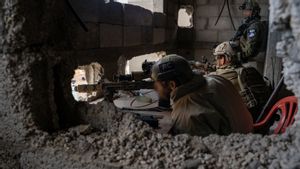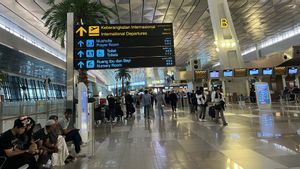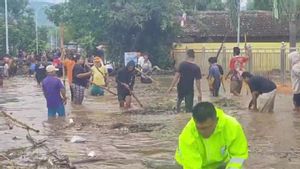JAKARTA - Iranian authorities through Nuclear Program Chief Ali Akbar Salehi said Iran has the right to take retaliatory action against the perpetrators of acts of terrorism at their Natanz nuclear facility, Sunday, April 11, as reported by Reuters from Government TV.
Meanwhile, Israeli public radio Kan quoted intelligence sources, whose nationality was not disclosed, as saying that Israel's spy agency, Mossad, had carried out cyber attacks on the site.
Iranian Atomic Energy Organization (AEOI) spokesman Behrouz Kamalvandi said problems with the electricity distribution network at the Natanz site had caused the incident, Iranian media reported.
Behrouz Kamalvandi said the incident did not cause any casualties or contamination. Iranian media later reported that Kamalvandi had an accident while visiting the Natanz site, suffering a broken head and leg. The report did not detail the cause of the crash.
The Natanz facility, located in the desert in the central province of Isfahan, is at the heart of Iran's uranium enrichment program and is monitored by inspectors of the International Atomic Energy Agency (IAEA), the U.N. nuclear watchdog.
"While condemning this despicable act, Iran stressed the need for the international community and the International Atomic Energy Agency to deal with this nuclear terrorism. And the right to take action against the perpetrators," Salehi told Reuters Monday, April 12. He did not elaborate further.
Israel, which has accused Iran of trying to build a nuclear weapon that could be used against it, made no official comment on the incident. It comes a day after Tehran, which denies it is seeking atomic weapons, began a new advanced enrichment centrifugal in Natanz.
Asked about what had happened, an IAEA spokesman said by email, "We are aware of media reports. We have no comment at this stage," he said.
Kan Radio, citing intelligence sources, said the damage in Natanz was wider than reported in Iran.
However, at a ceremony Sunday with Israeli military and intelligence chiefs marking the 73rd anniversary of Israel's founding next week, Prime Minister Benjamin Netanyahu did not refer directly to Natanz.
"The war against Iran's nuclearization is a very big task," Netanyahu said briefly but meaningfully.
In July last year, a fire broke out at natanz nuclear plant. Iranian authorities called the incident to sabotage Iran's nuclear program.
In 2010, the Stuxnet computer virus, believed to be widely developed by the United States and Israel, was discovered after being used to attack Natanz.
The incident at the Natanz facility comes amid efforts by Tehran and Washington to revive the 2015 Iran nuclear deal with major countries after former United States President Donald Trump abandoned it three years ago.
In Washington, the White House and State Department did not comment on reports of the attack.
"The actions taken against the Natanz site demonstrate the failure of the opposition to Iran's industrial and political progress, to prevent the significant development of Iran's nuclear industry," Salehi said.
"To thwart the objectives of those who ordered this terrorist act, Iran will continue to improve its nuclear technology on the one hand and lift oppressive U.S. sanctions on the other," he said.
Earlier, President Hassan Rouhani reaffirmed Iran's commitment to nuclear non-proliferation on Saturday, while overseeing the launch of sophisticated centrifuges at the Natanz plant to mark the country's National Nuclear Technology Day.
The English, Chinese, Japanese, Arabic, and French versions are automatically generated by the AI. So there may still be inaccuracies in translating, please always see Indonesian as our main language. (system supported by DigitalSiber.id)
